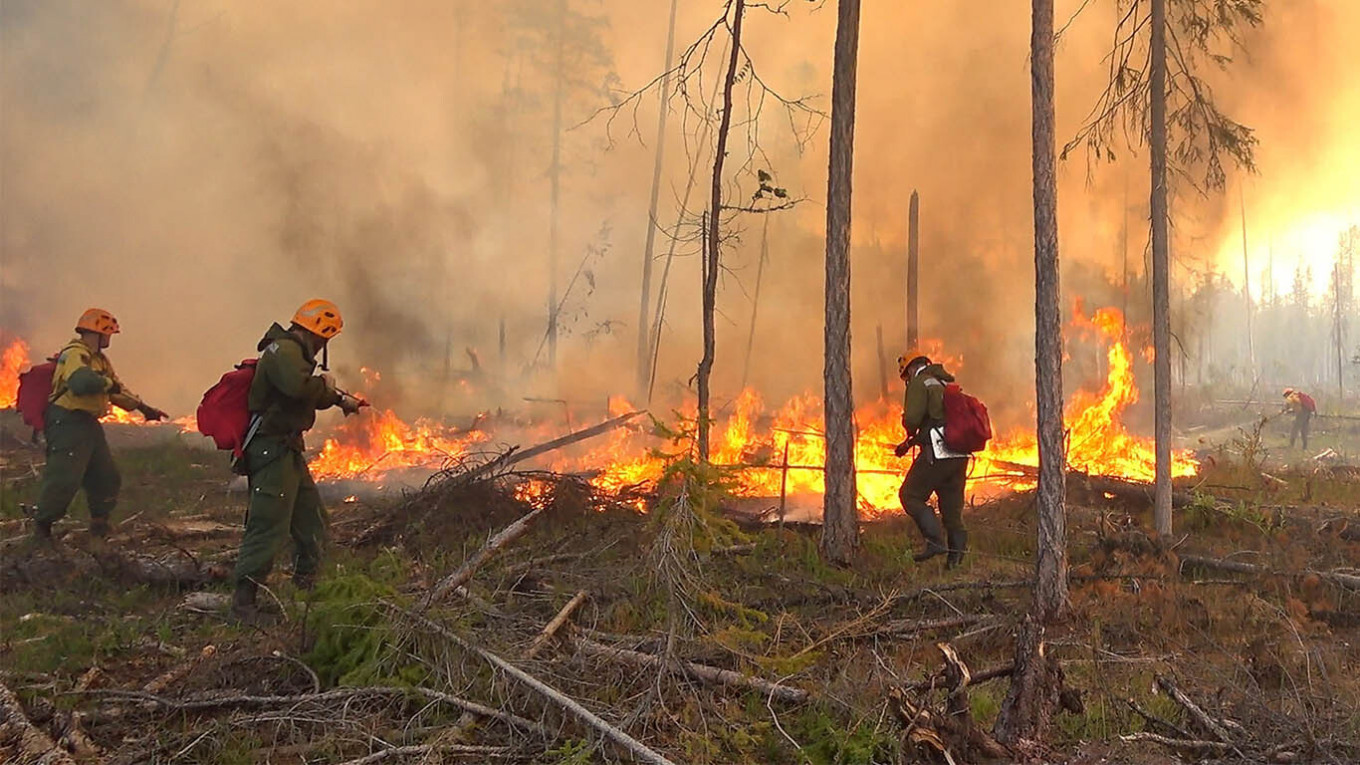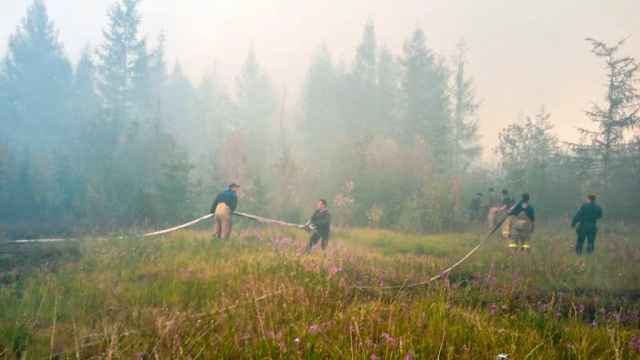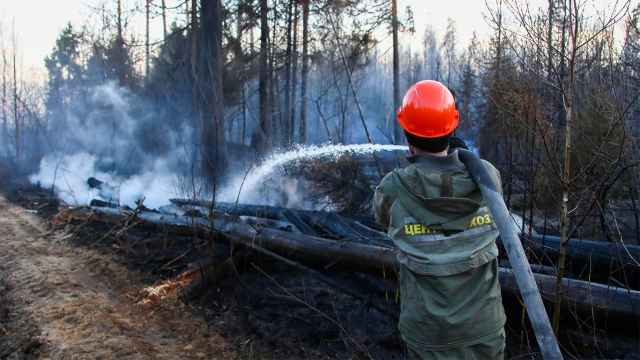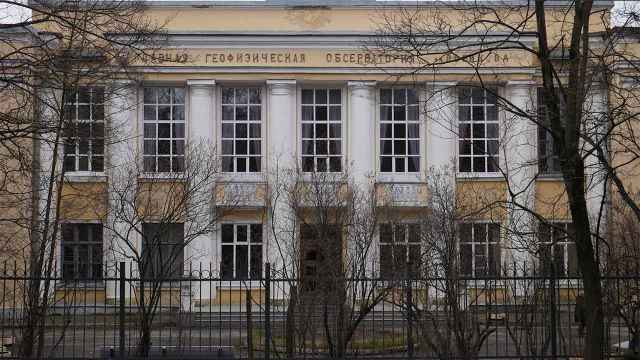The vast Russian region of Siberia will face hot and dry weather this year leading to more forest fires, forecasters said on Tuesday, linking the blazes to climate change.
Devastating forest fires have ripped across Siberia with increasing regularity over the past few years, which the country's weather officials and environmentalists have linked to climate change and an underfunded forest service.
Speaking to reporters to mark World Meteorological Day by video link, Roman Vilfand, head of science at Russia's weather service, said the whole country would see above-average temperatures from April to September.
The Siberian regions of Krasnoyarsk and Sakha, he said, would be particularly hot in June.
"It is quite natural that all these characteristics naturally transform themselves into a fire hazard," Vilfand said, noting that Krasnoyarsk will also see rainfall deficiency.
"The problem of precipitation deficiency is not only a problem of this year, it is a climatic problem."
Last year, a heatwave caused by changing climate in northern Siberia helped spark forest fires that blanketed cities including Yakutsk in smoke.
Freakishly warm weather across large swathes of Siberia last July saw nearly 300 wildfires blazing at once, causing record high carbon emissions.
Russia has set numerous heat records in recent years, with the first half of 2020 seeing the warmest temperatures since the country began weather observations.
Asked if Russia will see its winters shrink in the coming years due to warming temperatures, Vilfand noted that while that is already happening, the main challenge of global warming is dealing with increasingly cataclysmic weather events.
"The number of dangerous phenomena has doubled over the last quarter of a century. Not by 5%, not by 10%, but doubled," he said.
A Message from The Moscow Times:
Dear readers,
We are facing unprecedented challenges. Russia's Prosecutor General's Office has designated The Moscow Times as an "undesirable" organization, criminalizing our work and putting our staff at risk of prosecution. This follows our earlier unjust labeling as a "foreign agent."
These actions are direct attempts to silence independent journalism in Russia. The authorities claim our work "discredits the decisions of the Russian leadership." We see things differently: we strive to provide accurate, unbiased reporting on Russia.
We, the journalists of The Moscow Times, refuse to be silenced. But to continue our work, we need your help.
Your support, no matter how small, makes a world of difference. If you can, please support us monthly starting from just $2. It's quick to set up, and every contribution makes a significant impact.
By supporting The Moscow Times, you're defending open, independent journalism in the face of repression. Thank you for standing with us.
Remind me later.






